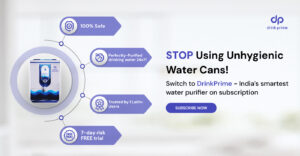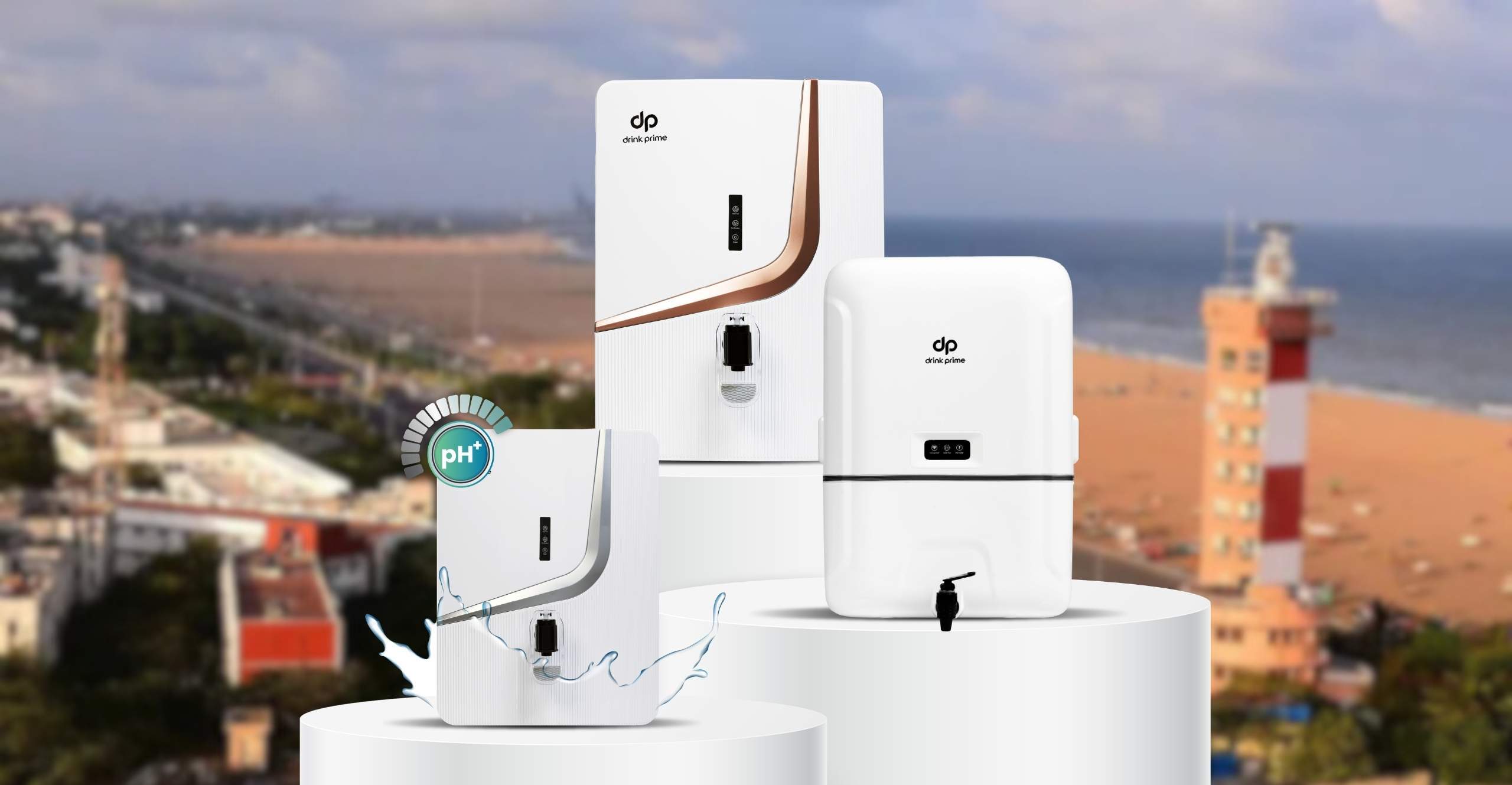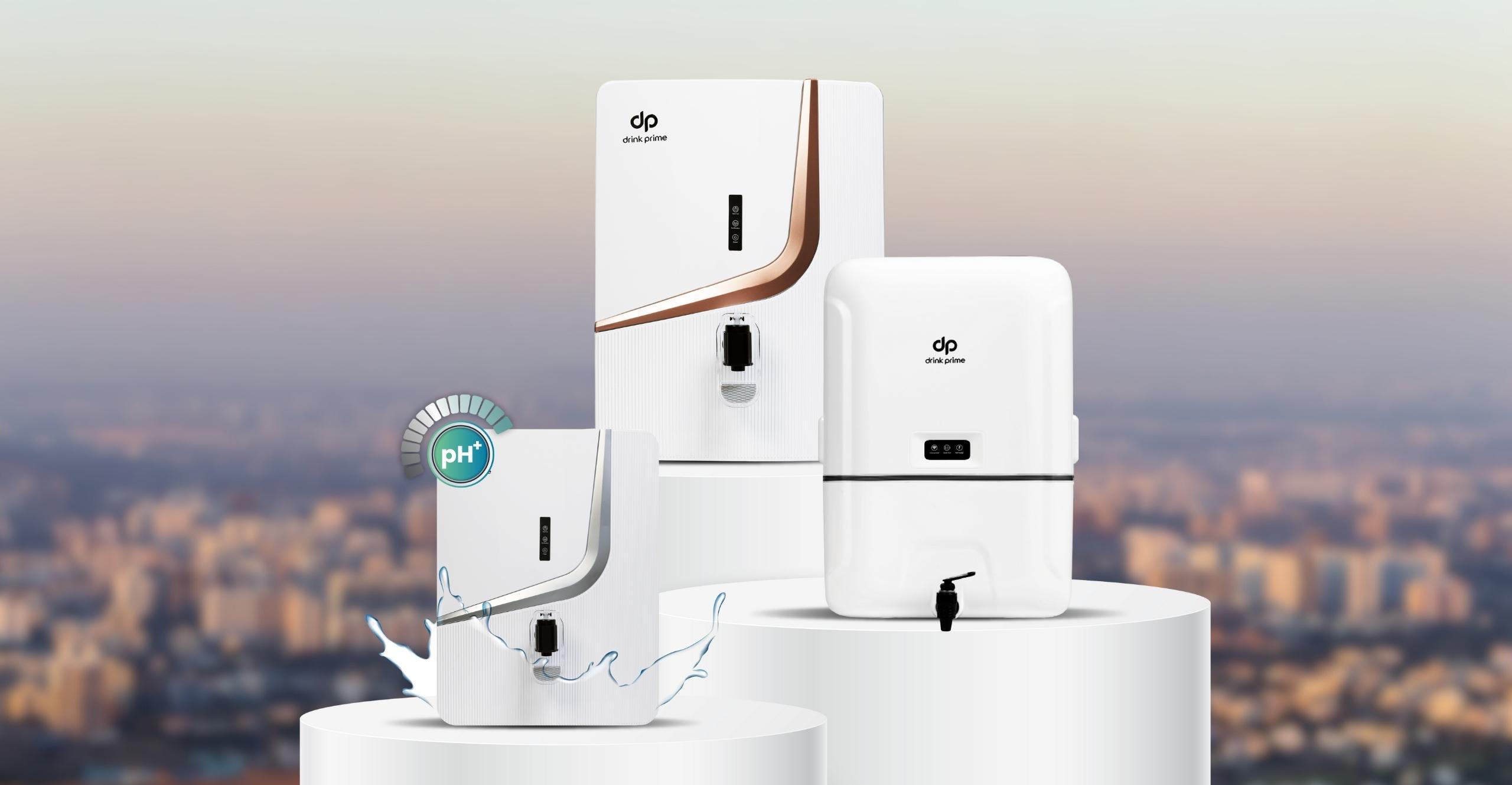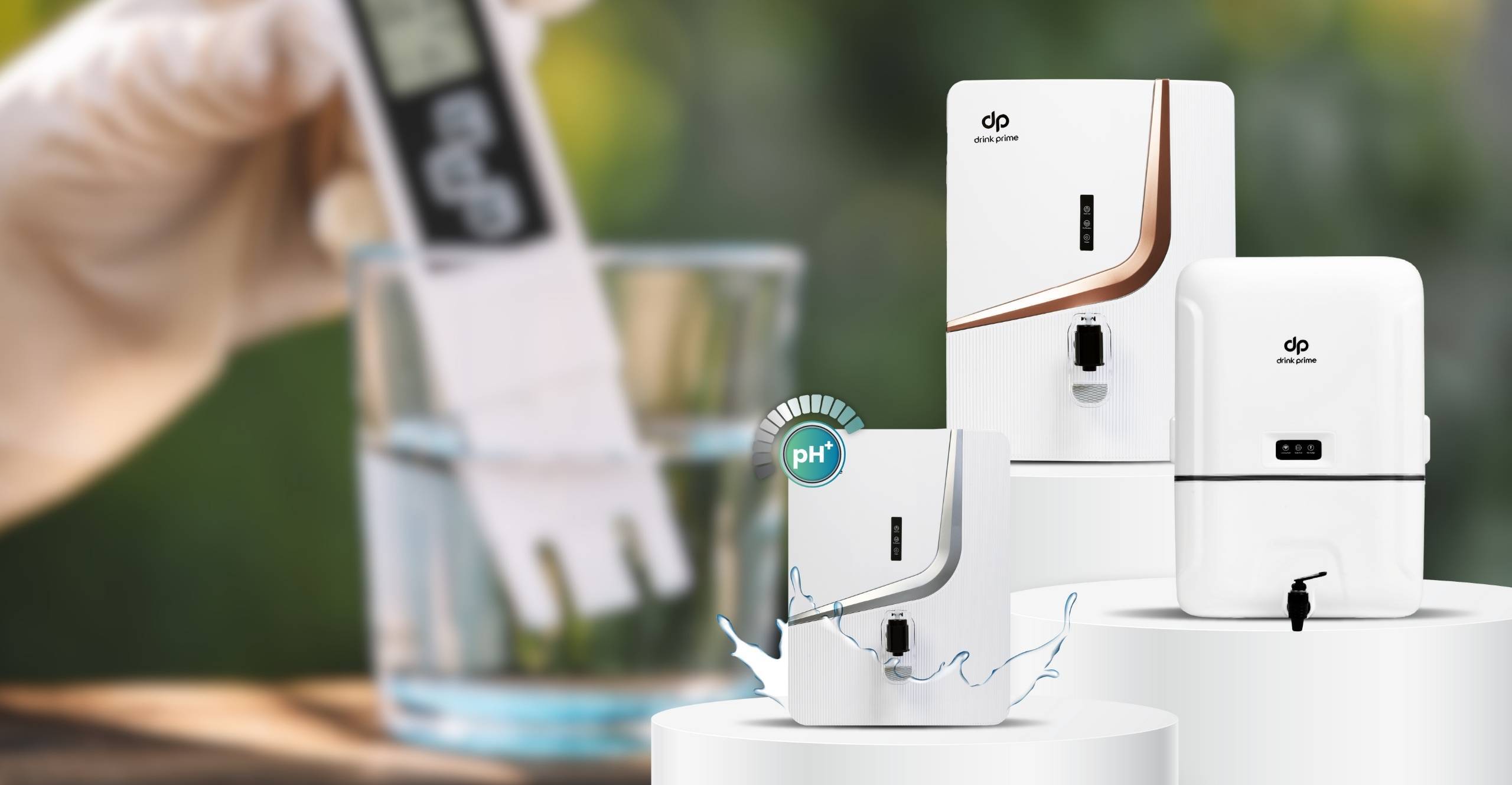AI’s potential extends beyond curating your playlists, TV shows, and shopping. It transforms how you manage the most valuable resource—water!
The integration of AI and water quality management has become a source of hope. The impact of artificial intelligence on water quality is enormous. It is critical for monitoring, analysing, and protecting the integrity of our water supplies.
In this blog, we talk about in detail the impact of artificial intelligence on water quality, from understanding how AI-driven water quality analysis works to scrutinizing its real-world applications.
AI’s role in water management and water security
Here’s how AI affects water quality and management:
1. Data Analysis and Prediction
AI algorithms filter through massive datasets incorporating satellite pictures, weather forecasts, and sensor networks to make precise predictions about water availability and future shortages. This helps develop preemptive measures in response to changing climatic conditions.
2. Leak Detection and Infrastructure Monitoring
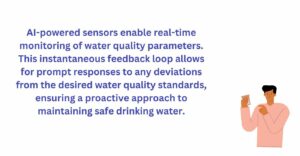
AI’s real-time analysis of data from water distribution networks enables the early detection of a wide range of leaks. It monitors pressure changes and flow patterns. This reduces water losses.
3. Optimisation of Water Purification Processes
AI technologies transform water purification processes. They forecast changes and adapt purification operations accordingly. The intelligent control systems improve efficiency, save energy, and raise overall water purification standards.
4. Water Consumption Management
The smart meters paired with AI algorithms allow customers to monitor and manage their water consumption. AI-powered programs offer personalised water conservation recommendations.
5. Reservoir Management and Flood Control
AI models have a significant impact on water quality since they analyse historical data and real-time information, as well as efficiently manage reservoir levels.
What impact does AI have on Water Quality and Purification?
Let’s see how AI affects water quality and the purification process:
1. Quick contamination detection
AI outperforms traditional water testing methods in terms of identifying various toxins quickly and accurately. Machine learning algorithms analyse complicated data sets, enabling the early detection of pollutants.
2. Real-time water quality monitoring
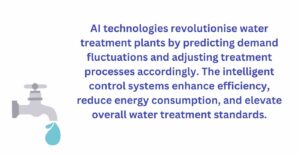
AI-powered sensors allow real-time monitoring of water quality parameters. This instantaneous feedback loop enables quick responses to any deviations from the required water quality criteria, preserving safe drinking water.
3. Predictive analytics for water purification
AI algorithms forecast variations in water quality by anticipating changes in pollution levels using previous data and environmental factors. This allows plants to alter procedures in advance, increasing efficiency and ensuring consistent water quality.
4. Smart filtration systems
AI-powered smart filtration systems can react to changing water quality circumstances. These systems, which include sensors and AI algorithms, optimise filtering processes based on the individual contaminants present, assuring complete purification and reducing the danger of toxic compounds in drinking water.
5. Energy efficiency in water purification
AI improves energy efficiency by optimising the performance of pumps, valves, and other components. This saves energy consumption and reduces the environmental impact of water purification operations.
6. Efficient maintenance and diagnostics
AI enables autonomous maintenance of water purification systems by predicting equipment faults and scheduling maintenance tasks. Automated diagnostics make it easier to identify problems, reducing downtime and maintaining consistent delivery of clean, safe drinking water.
7. Personalised water quality insights
AI applications give individualised information about the quality of the tap water. Make informed water consumption decisions and address specific challenges by using real-time monitoring.
8. Quick response to developing pollutants
AI enables quick solutions to developing pollutants or water quality concerns. As new concerns develop, AI systems can quickly adapt and make changes in water purification procedures to handle developing risks.
Get 7 Days Risk Free Trial
Conclusion
AI’s impact on water management contributes to a future in which everyone has access to clean and safe drinking water. One thing is clear: AI has enormous promise in protecting the world’s most valuable resource for future generations.
FAQs
How is AI used in water quality monitoring?
AI can analyse large amounts of data from sensors to identify pollutants, predict water quality trends, and detect changes that may indicate contamination. It can also be used in early warning systems.
Does DrinkPrime provide water quality insights?
DrinkPrime offers customers pre- and post-installation water quality reports. Our free, comprehensive reports detail the initial water quality and purification efficacy. Furthermore, our system provides real-time tracking of water consumption, ongoing water quality monitoring, and continuous filter health updates. This ensures customers have a constant, up-to-the-minute view of their drinking water, allowing them to proactively manage their water consumption and maintain the purifier's optimal performance.

